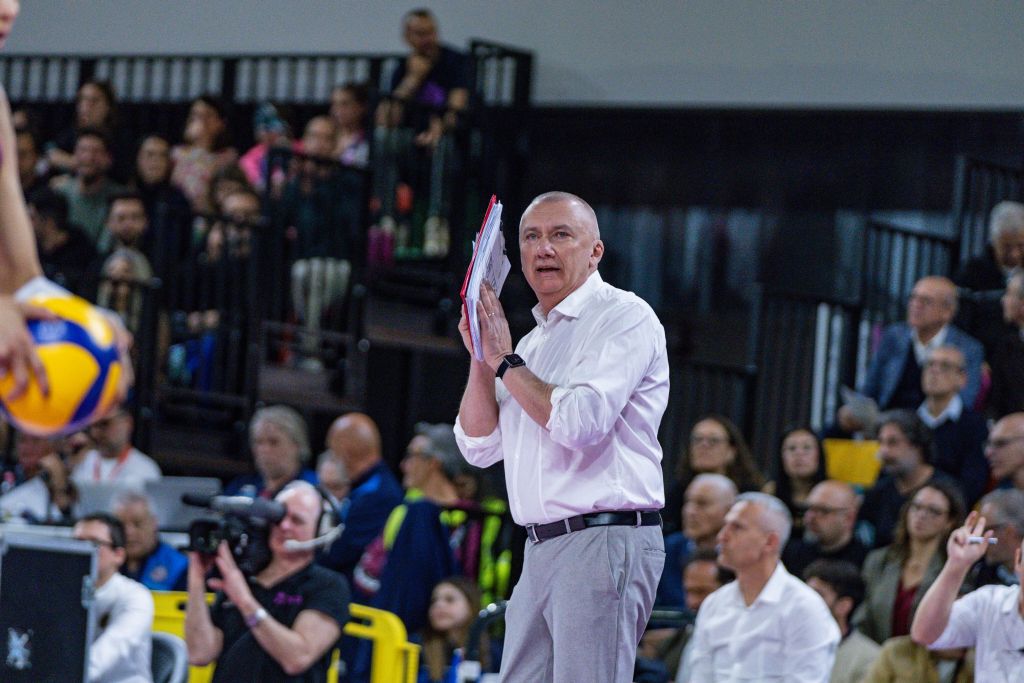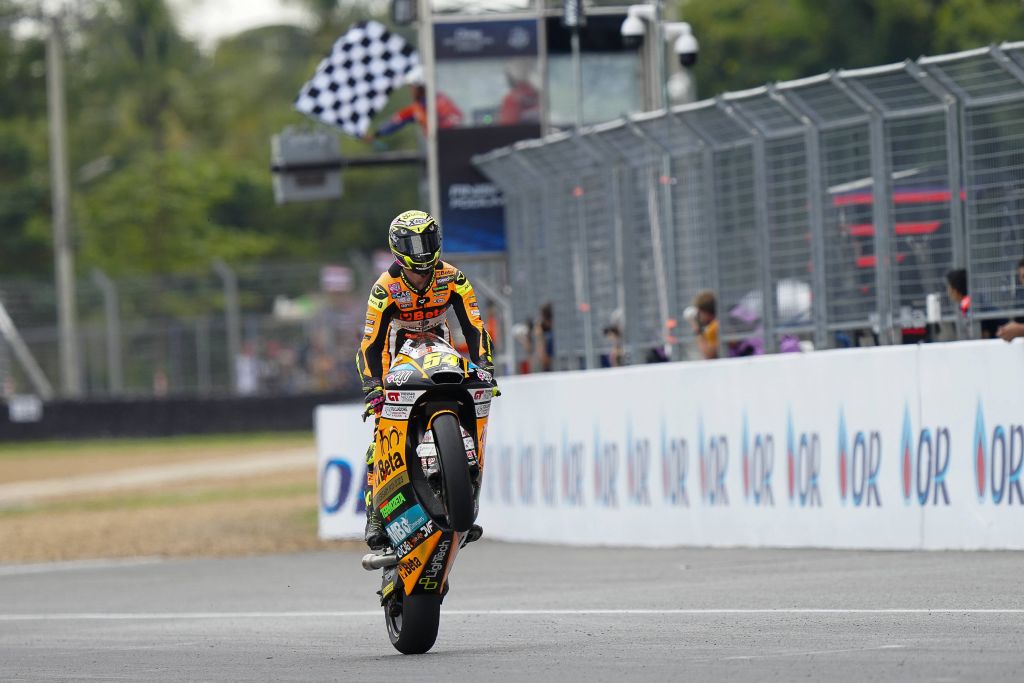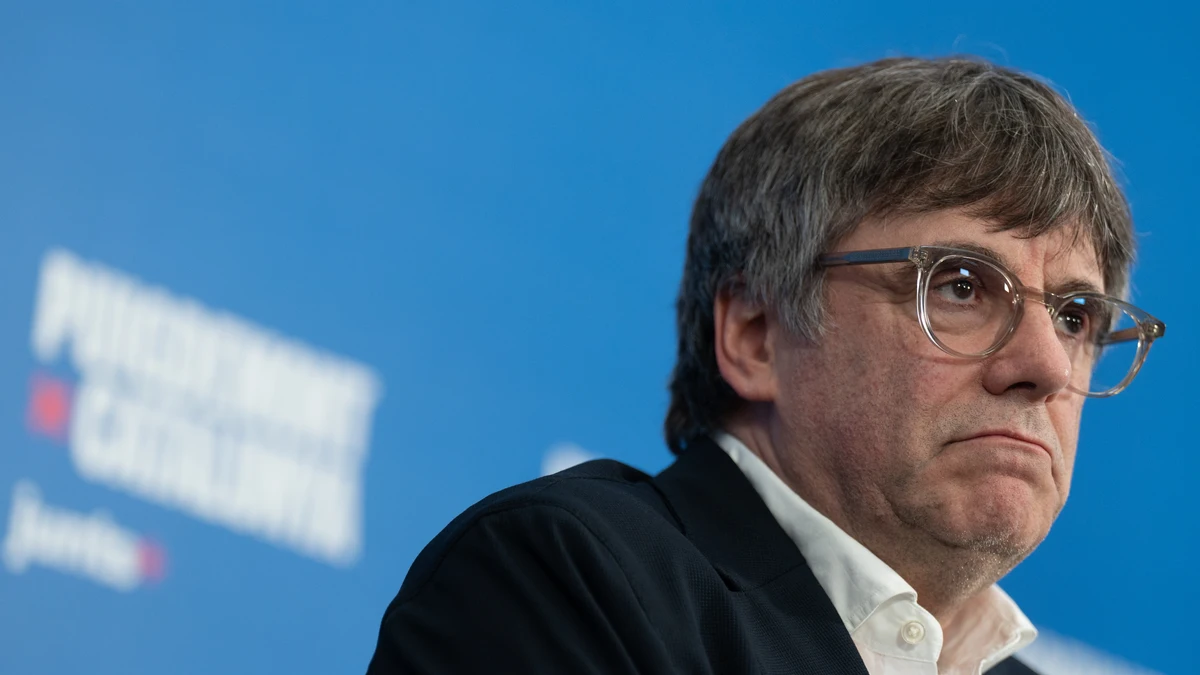With microplastics now ubiquitous in everything from sugar and fish to tap water and air, people unwittingly ingest an average of 285 bits of plastic each day, the equivalent of pulling a credit card out of your wallet once a week, breaking it into tiny pieces, and swallowing it with your morning cup of Joe.
Edward Humes, who in 1989 won a Pulitzer Prize while working for the Orange County Register, uncovered this unappetizing fact during research for his 17th book, “Total Garbage: How We Can Fix Our Waste and Heal Our World.” The book is due out Tuesday, April 2, from Avery.
The tale has been bouncing around in the Southern Californian’s brain since 2010. At the time, he was working on his book, “Eco Barons,” and learned how a river guide showed Walmart’s then chief executive that running a cleaner, greener, less wasteful operation can be the most profitable way of doing business.
The idea grew as Humes dove deep into what happens to things we throw away for his 2012 book, “Garbology.” He kept thinking about how we don’t just waste food, goods and packaging, we also waste vast amounts of energy each day by relying on inefficient, gas-powered combustion to cook our food and heat our homes and transport us around.
As much as 80% of the fuel you put in your car burns off as heat during combustion, Humes noted, while only 20% actually goes to turning your wheels. That means if you pay $5 a gallon for gas, $4 of it is sacrificed to your combustion engine.
Even as we pivot to electric vehicles, Humes said, we’re demanding vehicles that can go 400 miles or more on a single charge. That means EV batteries built with expensive rare earth minerals. Given that most drivers go less than 40 miles a day, Humes said, that 400-mile range requirement is like buying a sledgehammer for all of your hammering needs in case you might one day decide to knock down a wall.
Such waste, Humes writes, is everywhere. And once we identify it as the driving force behind problems like microplastic pollution and climate change, Humes posits we can start to adopt new habits and policies to curb those waste streams.
Author Edward Humes at Chapman University in Orange, where he teaches a class once a week. Humes has a new book coming out titled, Total Garbage. (Photo by Mark Rightmire, Orange County Register/SCNG)
Or, as in the case of beverage companies, we might be wise to go back to low-waste policies that worked well in the past.
From colonial times until the 1970s, Humes said, beverage companies were expected to pick up and deal with the bottles used to distribute their products. But now, he said, “We’ve been marketed into thinking it’s perfectly normal for taxpayers to foot the bill for cleaning up this mess of unrecyclable plastic.” As California and other states introduce “extended producer responsibility” laws — which push clean-up or recycling responsibilities back on manufacturers — Humes hopes they’ll have an incentive “to return to a more reusable economy instead of a disposable economy.”
“Total Garbage” chronicles stories of people across the country who are driving that transformation. There’s a chef in Pennsylvania who praises the efficiency, safety and precision of induction cooking; there’s a former financier in Los Angeles turning water‑wasting lawns into urban microfarms. The book even includes practical tips every individual can take to reduce waste and push for systemic change.
But just like Walmart’s leader came to realize, Humes argues this transformation isn’t about making sacrifices for the good of the planet. Instead, if we can get past our fear of change, he says curbing our wasteful habits also can be good for our health, our quality of life and our budgets.
“It’s not about giving up stuff we love,” Humes said. “It’s about upgrading to stuff we’re gonna love more.”
Humes has several local appearances scheduled in coming weeks to discuss his new book. In advance of that tour, he talked by phone with Southern California News Group about how “Total Garbage” came about and what he hopes readers get from it. This conversation has been edited for length and clarity.
Q: This isn’t your first book about waste. Your book “Garbology” looked at the trash problem, too. What got you first interested in this topic?
A: In the first one, “Garbology,” we only focused on what we throw away. Literally, how much more trash and garbage we make than most people realize because we’re just so good at making it disappear. “The garbage is gone! It’s not our problem!” That was an interesting story entering that world and finding narratives to explain that it was a much bigger deal than people realized and a much bigger cost.
This time out, I wanted to look at the wider world of waste beyond just what we throw away, which in a lot of ways, as bad as it is — particularly when it comes to plastic pollution — is the least of our waste problems. It’s not just our trash cans, it’s our tailpipes and our power plants and our food systems. They all have oftentimes more waste than actual product. Two thirds of your electric bill is for the power that gets wasted, not for the power that lights up your house. And we think that’s normal. It shouldn’t be normal. It’s really crazy, abnormal — and fixable.
All of these systems are so antiquated. When Edison and his peers at the time started developing the electric power systems, that was the best we could do, burning fossil fuels to make electricity. But even Edison said before his death, “This is just a stopgap. It’s solar and wind that we need, and I can’t wait until that happens.” He never thought that that was the best way to make power. It was just his only way. But we can do better now.
So that’s the point of the second book is to look at all the ways that we waste that we think are inevitable, but actually are highly flexible, both at the micro level in our homes but also in our communities and our states and globally.
Q: Some experts draw a line between the plastics problem and climate change, saying these are separate issues. But you frame the clean energy movement as also being about waste. Can you talk about how you made that connection and why it made sense to frame it that way?
A: It makes sense that way because it is that way. I mean, we only get so far just talking climate. We’re not making the progress and persuading the hearts and minds of enough people. And why is that? Well, there’s a lot of reasons for it. But part of it is the framing and how we think about these large environmental problems like plastic pollution.
Of course, plastics are made from fossil fuels. And as the fossil fuel industry feels pressure on its primary products to be used less, whether it’s gas or petroleum products, they’re turning to making more plastics. So there definitely is a direct connection.
But the indirect connection is that all of it involves doing things in the most wasteful way possible. And when you focus on waste, there’s no political faction that says, “Yay waste!” I mean, it’s just not something that people like regardless of where they live on the political spectrum.
The most renewable state in terms of its power, its grid, is probably one you wouldn’t expect. It’s Iowa. It’s as red a state as you can find. But the farmers, they love harvesting the wind as much as they like planting and harvesting corn. There’s wind year-round for them. If Iowa were a county, it would be the second most renewably powered country in the world. Two thirds of their power is primarily from wind, and it’s also the cheapest electricity you can buy.
So what does that tell you about the motivation for doing one of the most climate friendly things we can do, which is to switch from fossil fuels to renewable energy, that a state that really isn’t committed to climate change reduction is a renewable power leader? That’s an amazing thing. And it puts light on the lie that we can’t have a grid that’s dominated by renewable energy, because we’re already doing it.
Q: In the chapter about a chef who converted to induction cooking, you mention the great TV series “The Bear.” What sort of impact might it have if shows like that were to portray a kitchen with induction cooking?
A: Yes, that is exactly what we need! Actually, let’s make a public plea right now to all of those great cooking shows like “Chopped” and “Beat Bobby Flay” and “Top Chef” or dramas like “The Bear” and say, come on! Step into the 21st century and get rid of those gas stoves and show the public just what you can do with this amazing new technology. I mean, that would be incredible.
Q: Some climate advocates are downplaying the push for individual action because they feel it’s causing eco-anxiety without making much difference, when systemic changes are needed. But you are still advocating for individual action, with lots of practical tips in the book. How do you wrestle with that and decide to still encourage and make those changes in your own life?
A: Consumers have been made to feel like it’s their fault and it’s all on them. The infamous “Crying Indian” public service ad was the greatest act of greenwashing in history because its message was “people create pollution, people can stop it.” And that’s kind of where we’ve been stuck ever since. So that is not what I’m talking about in “Total Garbage,” that it’s all individual choice to fix this. It’s not. We can’t.
However, the real message I’m trying to convey with these stories, which do look at both individual choices and policy choices, is that they merge. They’re not really separate.
Our choices do matter, first of all. Not because what I decide to do, or how I power my car or stove or whatever, is going to have a measurable impact on climate change, for instance. That’s just silly. But it can have a measurable effect on my family’s prosperity, health, nutrition, on and on. The less wasteful choice means you’re getting the more efficient choice and the more economical choice and the more delicious choice, in the case of your food. So the things I’m suggesting people can do individually are beneficial to them, not a burden.
I also think our choices of products, of how we live, can move markets, can change economies, can lead to policies we need and can scrap policies we don’t need. There were no national policies to switch to automobiles from horsepower back in the late 19th century and early 20th century. That was individual choices of people saying, woah, these cars have something to offer. Then that switch happened astonishingly fast. And once consumers spoke, then the policies followed.
So actually we are not helpless and we’re not hopeless. We can make choices, different choices, less wasteful choices, that will influence the larger world.
Related Articles
Inmates at Men’s Central Jail celebrate reopening of library, closed due to COVID
Stephen Graham Jones finishes off horror trilogy with ‘The Angel of Indian Lake’
Things to do in the San Fernando Valley, LA area, March 21-28
This week’s bestsellers at Southern California’s independent bookstores
Katya Apekina’s family escaped Russia. Her novel ‘Mother Doll’ hears its ghosts in LA





